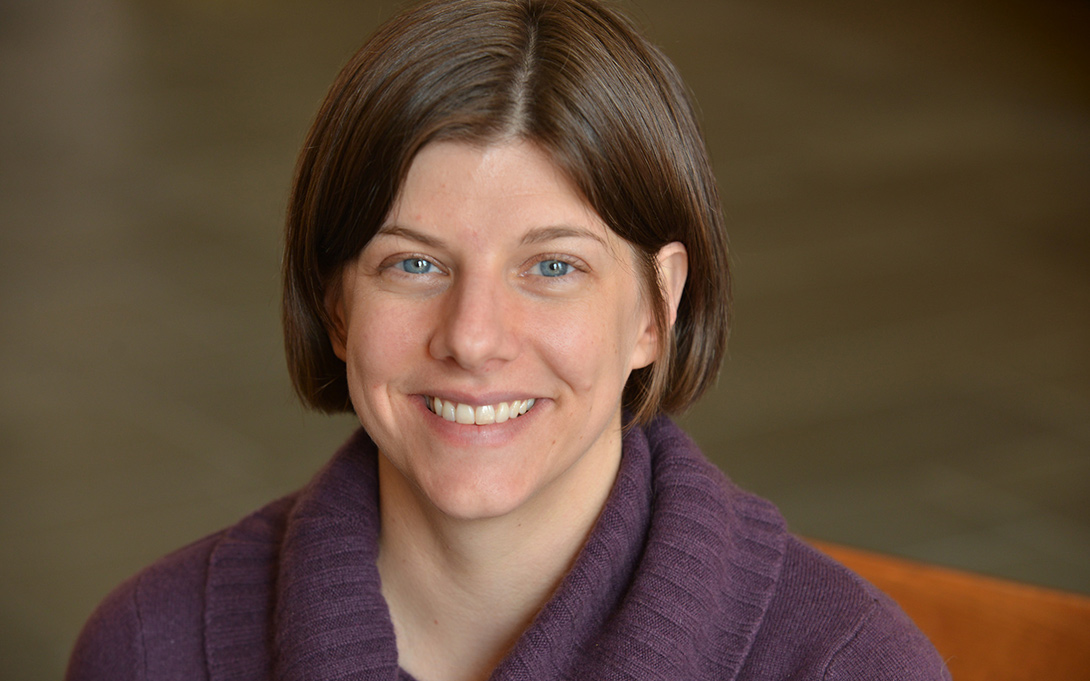
Announced earlier this week, the University of Michigan will join the Public Interest Technology University Network (PIT), which is “a new partnership of 21 colleges and universities dedicated to building the nascent field of public interest technology and growing a new generation of civic-minded technologists.” The announcement appeared in The University Record on March 11 in an article by Greta Guest.
As a founding member of PIT, U-M will lead the way in developing a new class of “technology and policy experts.” In commemorating the announcement President Mark Schlissel expressed high hopes, saying that he is proud of the university's involvement in “uniting higher education, philanthropy and public policy to consider and address the impact of technology on our shared future.”
Leading U-M’s PIT efforts is the Ford School’s Joy Rohde, an associate professor of public policy and history, as well as the interim director of the Science, Technology, and Public Policy Program. In stewarding U-M’s contributions, Professor Rohde’s has high hopes for bolstering cross-disciplinary course offerings and cooperation across campus. Professor Rohde’s “first order of business,” she says, “is to expand collaborations across the university.”
Additionally, Professor Rohde wants to launch an associated internship fellowship program so to consolidate the appropriate funding for “career pipelines in public interest technology.”
Click here to read more about the announcement in The University Record.
Professor Rohde’s also holds a courtesy appointment in the History Department for her work on the intersectionality of US intellectual and political history. Her first book analyzed the causes and consequences of the Pentagon’s social research contracting system during the Cold War. Currently, Professor Rohde is working on a book project that assesses cybernetics and advances in information technology in the US since World War II.